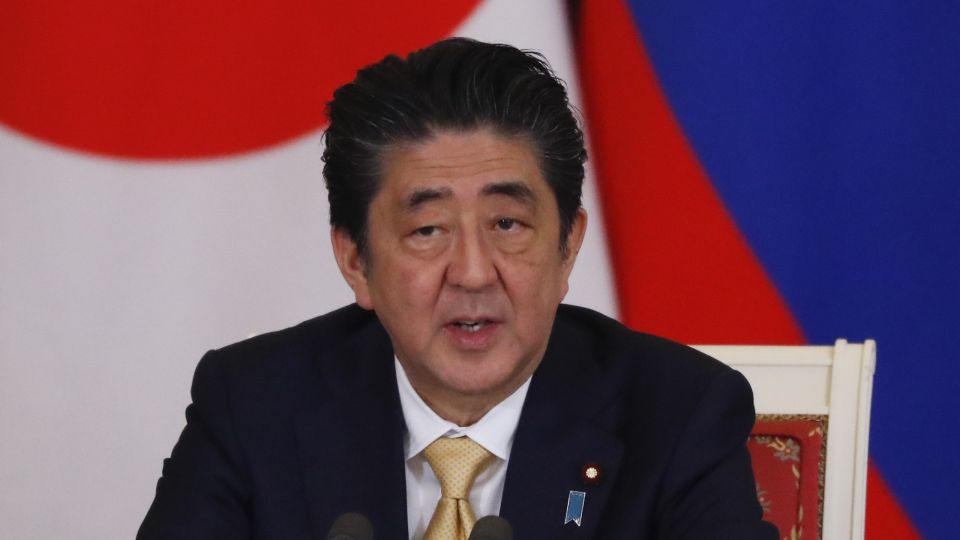June 4, 2018
The Japanese government is wary of U.S. President Donald Trump’s expectation that Japan will provide aid to Pyongyang.
The government hopes the scheduled U.S.-North Korea summit meeting on June 12 will lead to progress on a comprehensive solution to issues related to the North’s nuclear weapons, ballistic missiles and the abduction of Japanese citizens, but is wary of U.S. President Donald Trump’s expectation that Japan will provide aid to Pyongyang.
Prime Minister Shinzo Abe is scheduled to meet with Trump on Thursday, and Abe will again convey Japan’s position that economic assistance is contingent on progress being made on the abduction issue. The prime minister emphasized his intention to maintain pressure on North Korea at a meeting of the Liberal Democratic Party’s Shiga prefectural chapter held in Otsu on Saturday.
“Japan cannot accept a nuclear-armed North Korea. We will increase the pressure and not allow any loopholes,” he said.
Through his meeting with Trump, Abe said he would “do my utmost to ensure a historical summit takes place [between the United States and North Korea] that leads to progress on nuclear weapons, missiles and most importantly, the abduction issue.”
The Japanese government is worried that a stumble by Trump in the talks could ease the pressure on North Korea. In his meeting with Trump, Abe wants to reconfirm their policy of maintaining continuous pressure until North Korea takes concrete steps toward “complete, verifiable and irreversible” denuclearization, a source said.
Yet differences between Japan and the United States may arise on certain issues, such as economic aid to North Korea.
It will require large amounts of money to denuclearize North Korea, including inspections, transporting nuclear materials, destroying nuclear facilities, and financial aid as a reward.
Trump has said that both South Korea and Japan should prepare to provide aid, which indicates this has been conveyed to these nations’ governments as well.
If the International Atomic Energy Agency is able to carry out inspections, the Japanese government is prepared to provide support for the initial cost. However, its position that economic assistance will be difficult to provide without progress on the abduction issue has not changed.
The 2002 Japan-North Korea Pyongyang Declaration stated that Japan would provide economic assistance after relations between the countries are normalized. Specialists estimate this would be at least ¥1 trillion.
“If the abduction issue remains unsolved, our people will never accept giving North Korea large amounts of economic aid,” a senior Foreign Ministry official said Saturday.
To reach a final resolution on this pending issue between Japan and North Korea, Abe would likely need to meet with Kim Jong Un, chairman of the Workers’ Party of Korea.
If progress toward denuclearization can be made in the U.S.-North Korea summit, the Japanese government will begin exploring a meeting between Abe and Kim, a source said.


